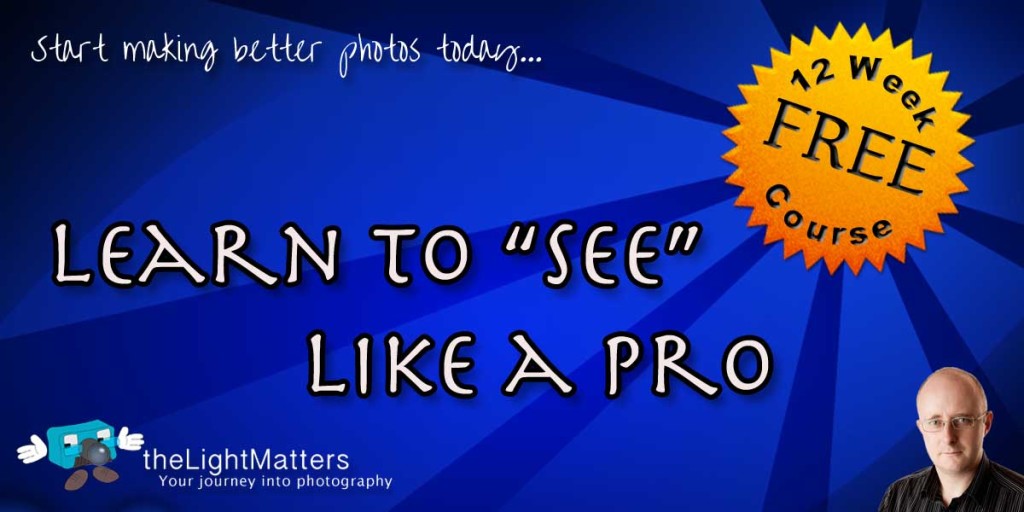One of the most frequent questions I get asked is which camera I’d recommend for someone to buy from the myriad of those available on the market. I can fully understand why too. There are a large number of players in the arena, each offering a very wide choice of cameras, features, accessories and price points. As a consumer wishing to buy a first camera or upgrade to a newer model, where to they begin?
Hopefully these points will serve a useful guide of the things I would consider.
Why are you buying it?
This is probably one of the most important questions you need to ask yourself. Why? Because there is far more to a camera than just megapixels and whizzy features.
For instance, if you want to shoot wildlife a crop sensor might be more appropriate because the effective focal length of your lenses is increased by 1.5x, 1.6x or even 2x in some cases. It will work against you if you want to use a wide angle lens for, say, landscape or architecture photography where a full frame sensor could be a better choice.
A sports photographer will very often need a high frame rate to capture the action, maybe as high as 10 or more frames per second (fps). My portrait cameras probably wouldn’t be a good choice here offering slightly less than 4 fps.
These are just a couple of examples to illustrate that there are choices to be made, right up front, before you even reach for a camera magazine to look at all the offers.
What is your budget?
As above, before you reach for that magazine you need to know how much you can afford (or are willing to admit to your other half).
The manufacturers aren’t silly and they have products at every price point to address each market segment. It’s also worth noting that many of them make more money from the products at the lower end of the market than their flagship models.
Brands vs. Lenses
The biggest thing to remember when choosing a brand is that you are locking yourself in to that manufacturer. Especially if you’re likely to be buying lenses, flash guns and accessories. Several lenses over a few years can be a sizeable investment. If you later decide to switch brand you more often than not need to buy all your lenses again.
Don’t just get lured in because the model you’re looking at comes with a lens. Very often the kit lens isn’t that fantastic. It’s great for a beginner to get started but you can soon outgrow it. When you do and you start looking for a replacement you don’t want any surprises. In fact, one of my friends is considering switching brand specifically for this reason. There is nothing wrong with his camera and he takes amazing images, but the cost of lenses for his system is significantly greater than the equivalent from the leading brands. In his case it’s actually cheaper for him to buy a new Canon body and lens rather than just a new lens.
My advice is always that the camera is disposable because that is the component you’ll be wanting to change. Your lenses can and should last you a very long time. I always buy the best lenses I can afford because it makes a huge difference in the image quality and I really don’t want to have to upgrade a lens if I don’t have to.
Top tip: The lens is far more important than the number of megapixels. Particularly these days.
Canon vs. Nikon
I couldn’t write this article without mentioning the age old argument about which is better: Canon or Nikon.
I shoot Canon and I’m very happy. BUT, I personally don’t think there is much, if anything to choose between them. If you’re trying to choose between them, don’t. Go into the camera shop, hold each one in your hand and see which one feels better to you. In the same way that the wand chose Harry Potter, let the camera choose you. The one that feels right for you, in your hand is the one you should use.
Conclusion
There are many factors to consider when choosing a camera, particularly for the first time. It’s all too easy to get lured in by the megapixel war or the high ISO competition. Likewise with all the fancy whizzbangs that the software engineers put in to add new features in a desperate hope to differentiate themselves from the rest of the pack.
Just ignore it…
- Think about what you really want to shoot as this will determine the primary features that you really need such as a high frame rate and whether or not you should buy a crop sensor.
- Set your budget.
- Compare brands and look at how much you are likely to be spending on lenses and flash guns over the next few years
- Go and try a couple in the shop. Until you’ve held a camera up to your eye you won’t know if it’s for you.



[…] Choosing a Camera […]
[…] Choosing a Camera […]